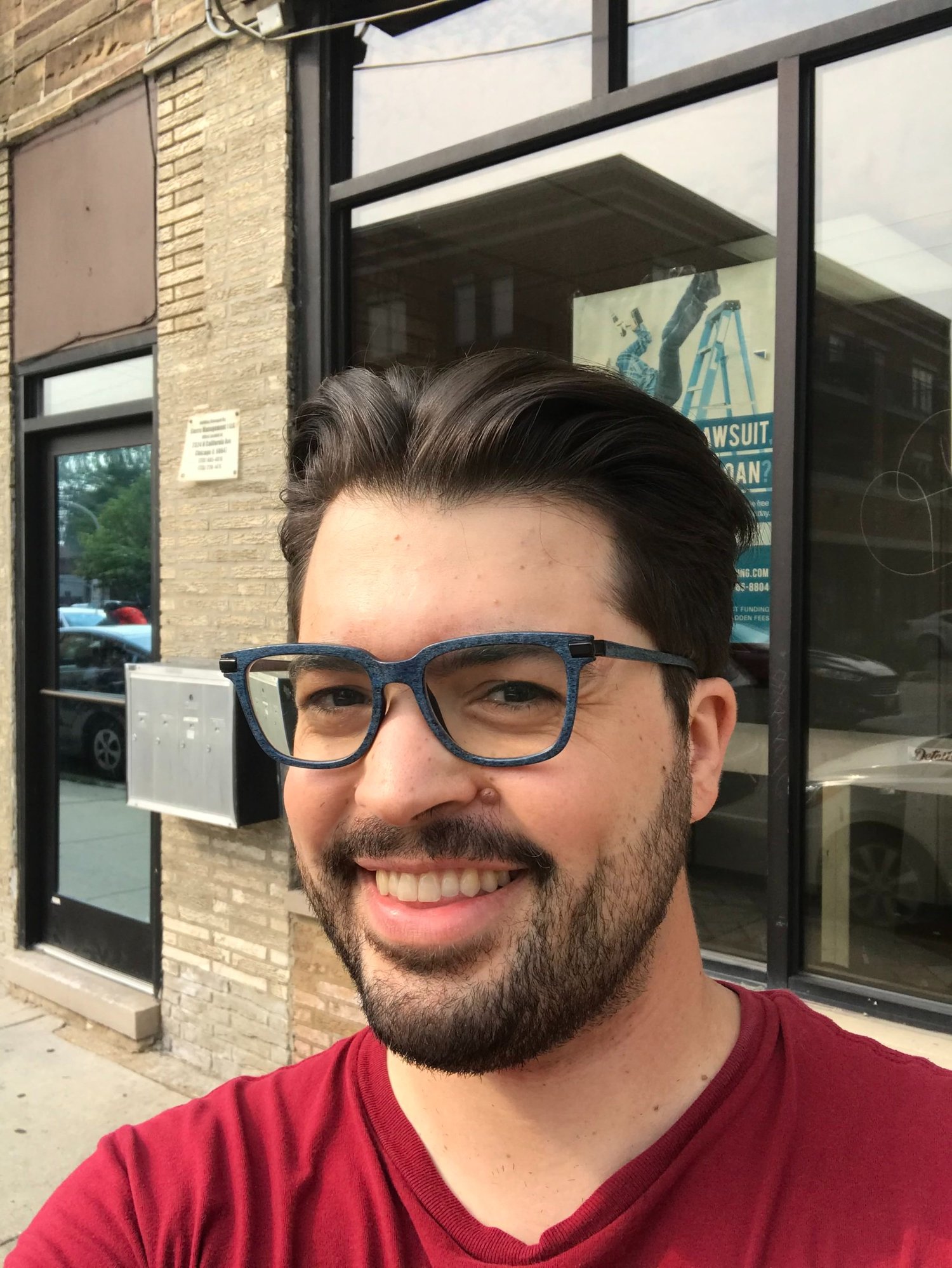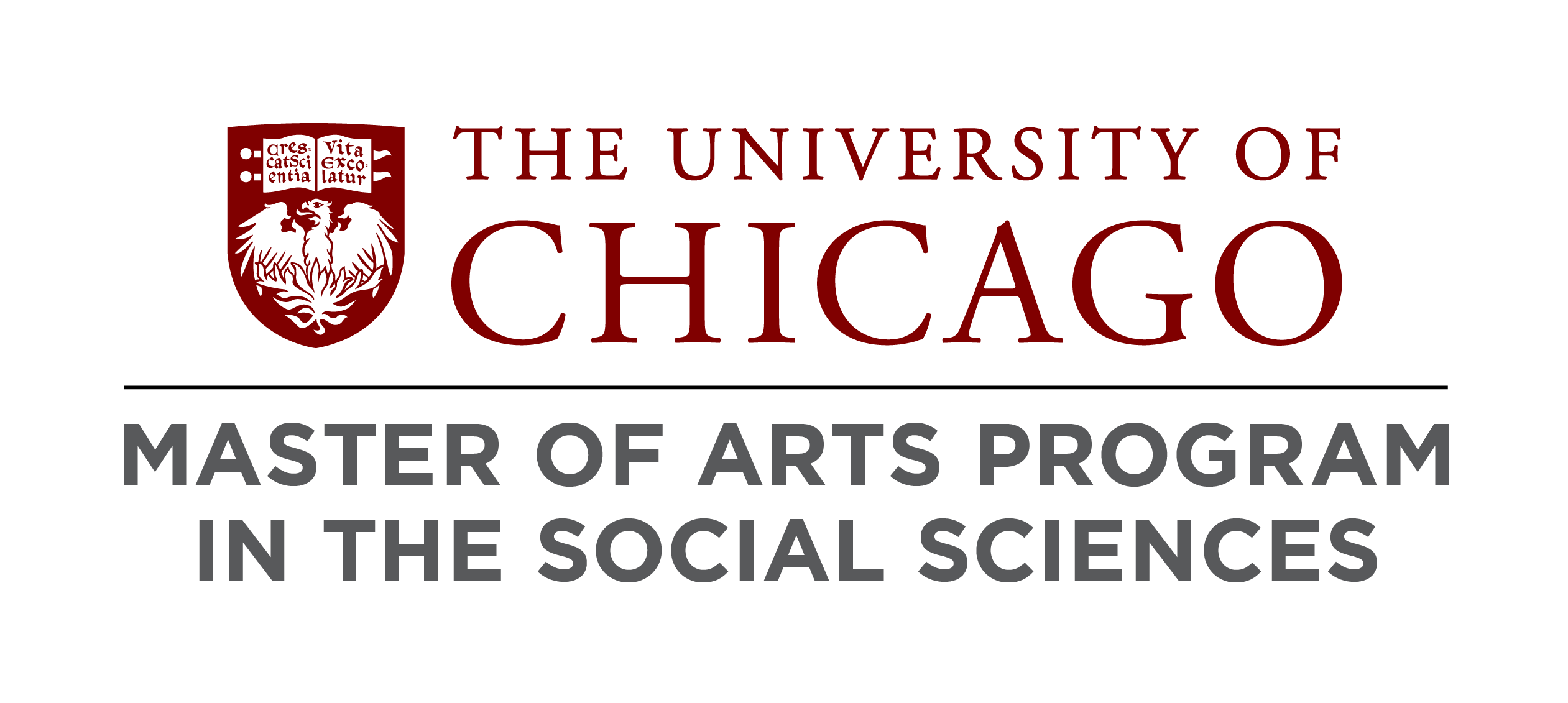
Schedule office hours here.
Maximilian Cuddy (he/him) is an Earl S. Johnson Lecturer in Sociology in MAPSS. He holds a PhD in Sociology from the University of Illinois Chicago (UIC), and a BA in Sociology and African American Studies from Temple University.
Dr. Cuddy's research sits at the intersection of the sociology of race, the sociology of education, and urban sociology. He studies how schools and neighborhoods are critical institutions where racial hierarchy can be either reproduced or disrupted. In addition, he has a keen scholarly interest in illuminating how past decisions affect present-day realities. His first research strand focuses on contemporary race and class politics in K-12 urban education. His dissertation project, "School Consolidation in the Unequal City: Challenging the Status Quo and Rethinking Racial Justice", examines the historical relationship between two Chicago neighborhood schools and details a community conflict over changing a status quo that maintained segregation and opportunity hoarding. A qualitative researcher, he draws on in-depth interviews, ethnographic fieldnotes, and archival research. The dissertation argues that a paradigm shift is needed in how we approach questions of racial justice for students of color. Dr. Cuddy plans to turn this project into a book manuscript in the near future.
A second strand of his research agenda explores the racialized and classed aspects of how families make school and residential decisions. This work is represented most recently in a co-authored article in Journal of Urban Affairs, article and book chapters in The Sociology of Housing and Detroit and the New Political Economy of Integration in Public Education. A final strand of his research focuses on the effects of the racial wealth gap.
He has taught courses on the Sociology of Race, the Sociology of Youth and Childhood, and Black and Latinx Feminist Perspectives on Education.
 THE UNIVERSITY OF CHICAGO
THE UNIVERSITY OF CHICAGO

